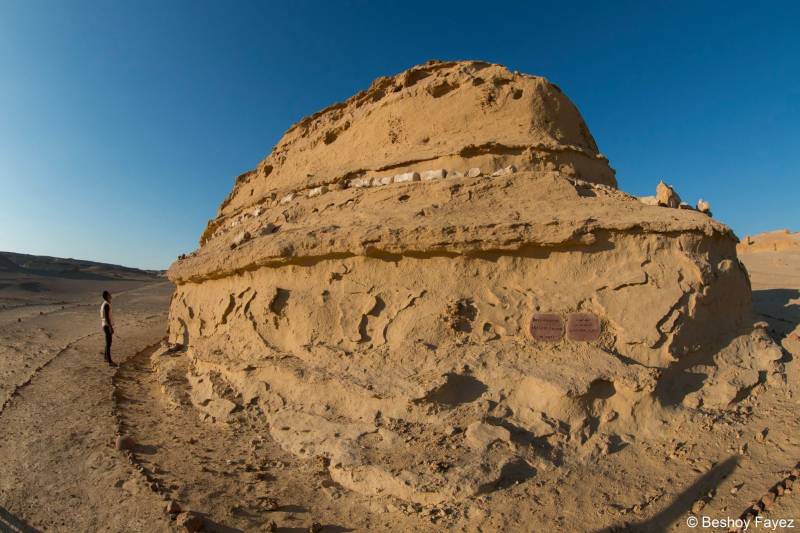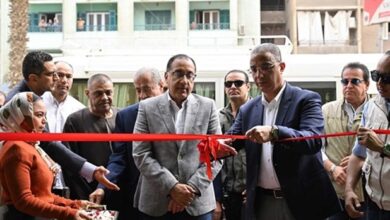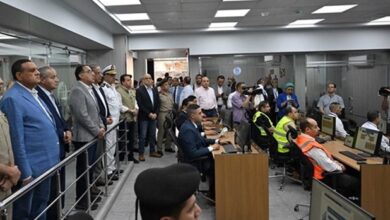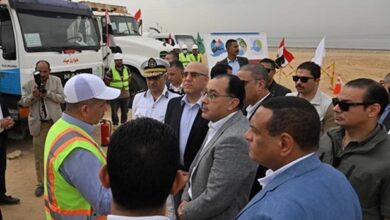Under the pretext of 'meat security,' the Egyptian Ministry of Agriculture and Land Reclamation recently approved a project by the Social Fund for Development (SFD) and the Principal Bank for Development and Agricultural Credit (PBDAC), worth LE450 million.
This so-called “veal project” aims to improve livestock rearing in Egypt’s governorates to reach self-sufficiency in meat — a necessity given the rising prices of red meat in international markets. The project provides micro-credit loans to small farmers for raising livestock at a small interest rate of 4 percent.
The agreement on this project came as a bad surprise for small farmers who have completely lost trust in the Principle Bank for Development and Agricultural Credit, which they refer to as the Bank. There are several reasons for this mistrust.
Many farmers I met during my fieldwork in Fayoum Governorate are currently in huge amounts of debt. It is estimated that around 120,000 small farmers are struggling to repay their debts to the bank. Farmers are indebted to the bank because of the agricultural loans they applied for in Mubarak’s days, and specifically under Kamal al-Ganzouri’s cabinet, in the 1990s.
Hassan, a small farmer from Fayoum, told me that he first applied to an agricultural credit loan at 5.5 percent interest, and then he couldn’t pay. His debt accumulated to exceed the amount set for agricultural loans. Thus, the bank officer restructured his debt by transferring what he owed to an investment credit loan at 17 percent interest rate.
“Now I don't know what to do,” Hassan told me. I’m thinking of selling a piece of land to pay my debts, he added.
Hagg Sayed, also from Fayoum, said that “at the bank, you never know what is happening with the paperwork. The officers hide your file so you end up with huge debts without even realizing.”
A recent workshop was organized by the Egyptian Center for Economic and Social Rights on the contributions of small farmers and workers to the upcoming drafting of the constitution. During the workshop, farmers agreed that one of the articles they want to include in the constitution is the exemption of farmers from their debts to the bank. Small farmers highlighted that the recent exemption of interests approved in the first governmental meeting led by Ganzouri does not solve the problem. The reason for this is that debts currently stated in their bank files are not based on the original amounts they applied for, but on larger investment credits that bank officers have filed for them to restructure their debt.
It is worth noting that the government has previously and unsuccessfully implemented a credit program through a similar ‘veal project,’ in the early 1990s — during Ganzouri’s first cabinet — leading many rural families to be heavily indebted. Hagg Ali, one of the farmers in a village in Monufiya, told me that as a result of his inability to pay the bank’s interest through the veal project, 40 members of his family are now swamped with debt.
According to Ragaa’ Abdo, head of the Small Farmers Syndicate in Dekernes, Beheira Governorate, an additional reason for the mistrust between small farmers and the bank is the role it plays in inciting and accelerating the problem of fertilizers in the agricultural sector. It is worth noting that the bank produces 35 percent of the total domestic production of fertilizers in Egypt. However, the bank’s officers hide the fertilizers to sell them in the black market. As a result, fertilizers may seem scarce despite the fact that the domestic production is almost double that of consumption, as per a recent report drafted by the Land Center for Human Rights.
Now, the government needs to explain why it insists on repeating the same mistakes by implementing another veal project despite the failure of the same project in the 1990s. More importantly, why is it managing such credit programs through untrustworthy institutions like the Principal Bank for Development and Agricultural Credit, at least from the point of view of small farmers, who are its target clients?
Yasmine Moataz Ahmed is a PhD candidate specializing in social anthropology at Cambridge University.




